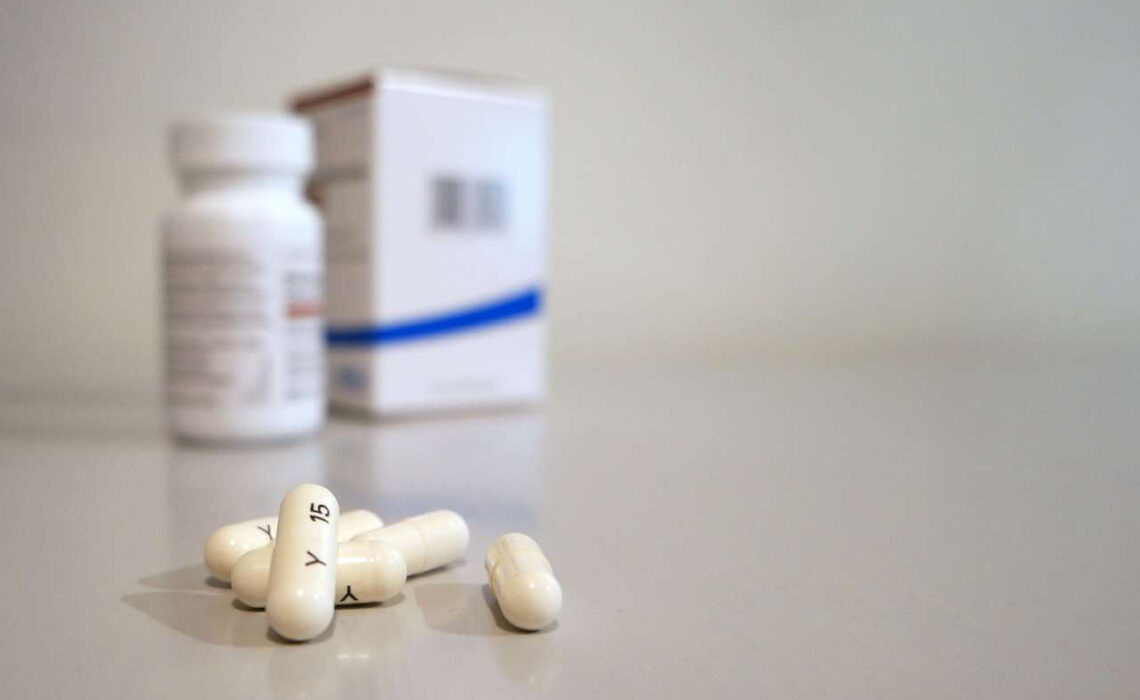In September of 2019, the U.S. Food and Drug Administration (FDA) was alerted that a pharmaceutical company found a potential carcinogen in the drug Zantac. In April 2021, the FDA, Zantac, and similar products were pulled from shelves everywhere because it’s a risk to public health. If you’re a consumer, you likely have a lot of questions about Zantac.
Keep reading to learn a little more about the withdrawal and discover safe alternatives and remedies to this infamous drug for heartburn.
1. Zantac and Side Effects
Table of Contents
Zantac is a medication known as histamine-2 blockers. H2-blockers prevent excess acid accumulation in the stomach resulting from conditions like Zollinger-Ellison syndrome, gastrointestinal reflux disease, and esophagitis. Symptoms include
- Persistent cough
- Stomach pain
- Heartburn
- Trouble swallowing
- Indigestion
Medications like Zantac are available over-the-counter and typically taken following meals or before bedtime.
2. Zantac and Cancer
Zantac, also known by the generic name ranitidine, underwent testing. Results showed the drug contained the substance N-Nitrosodimethylamine (NDMA). NDMA is classified as likely carcinogenic, meaning it’s probable it may lead to cancer in humans.
People ingest NDMA every day by eating processed foods like ham, hot dogs, bacon, cheese, drinking milk, alcoholic beverages, and water. The levels in these products are low, and no reason for concern.
At first, the NDMA levels in ranitidine were thought to be relatively low, around the levels found in cured meats. Upon further investigation, scientists found the levels were unacceptable. Additionally, under certain conditions, the amount of the carcinogen increased.
The potential relationship between NDMA and cancer was studied as early as the 1970s. Multiple studies have shown links between higher than average NDMA intake and cancers of the stomach, colorectal, gastric system, and lungs. Aside from a possible increase in cancer risk, NDMA-containing substances, like Zantac, could cause tumor growth and damage to the liver, jaundice, impaired kidney function, fever, and vomiting.
Use this resource to learn more about Zantac and its link to cancer.
3. The Recall
The FDA issued pharmaceuticals and drug manufacturers to remove all medications that contain ranitidine in the spring of 2020. They also requested that those taking OTC drugs like Zantac dispose of them properly. Pharmacies and retail stores have pulled Zantac from their shelves and won’t sell it in the U.S. for the foreseeable future.
4. Safe Alternatives to Zantac
One of the most common questions consumers have after this recall is about safe alternatives to Zantac. Another class of drugs called proton-pump inhibitors (PPI) is used to treat heartburn, acid reflux, and indigestion. PPIs inhibit the cells in the stomach from producing too much acid.
PPI drugs include:
- Prilosec
- Prevacid
- Nexium
- Dexilant
- AcipHex
- Protonix
While PPIs are useful for relief from acute heartburn, using them long-term may increase your risk for osteoporosis, kidney disease, nutritional deficiencies, stroke, pneumonia, and C. diff infection. Talk to your doctor before starting any new OTC treatments.
Ginger supplements may soothe gastric troubles. Additionally, chewing gum after meals may help relieve symptoms. Probiotic-rich foods or supplements are digestive aids that are also effective.
Changes in food intake or lifestyle may also help with heartburn, indigestion, or other related conditions. Avoid foods that cause excessive acid production, like coffee, raw onions, peppers, garlic, citrus, soda, and spicy food. Avoid eating large meals or drinking wine before lying down to sleep.
5. Zantac is a Dangerous Drug

Image Source: https://nypost.com/
Zantac is dangerous and may increase a person’s risk for cancer or other health effects. Consider the safe alternatives above, like short-term use of other OTCs, natural supplements, or lifestyle changes to help relieve your heartburn.
If you found this article helpful, be sure to check out the rest of our site for more great posts like this one!
- Getting A Free Divorce In Virginia? Here’s What To Expect - April 24, 2024
- Countries Embracing Digital Yuan Investments - April 22, 2024
- How To Provide Support For Someone Trying To Quit Drugs - April 13, 2024





No Comments